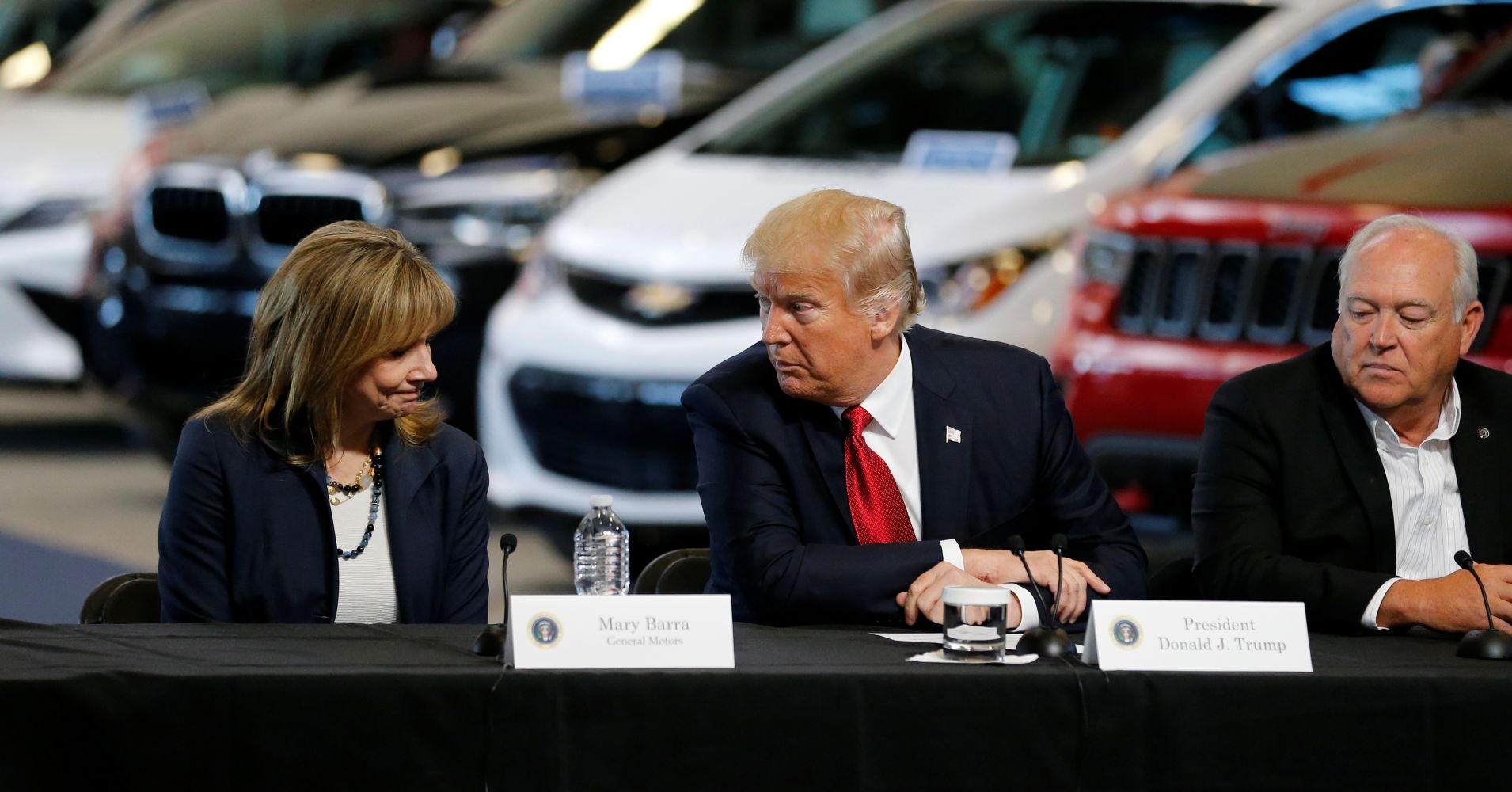“While we understand that the administration is working to achieve a level playing field, tariffs are not the right approach,” the Alliance said. “Tariffs on autos and auto parts raise vehicle prices for all customers, limit consumer choice and invite retaliatory action by our trading partners,” it said. “Automakers support reducing trade barriers across the board and achieving fairness through facilitating rather than inhibiting trade.”
Even the Kentucky-assembled Toyota Camry, which Cars.com named the most American-made vehicle in 2016, would face increased costs of $1,800, according to the Japanese automaker.
Still, arguments in favor of tariffs go like this: Europe currently charges a 10 percent tariff on U.S. cars, and the U.S. charges only 2.5 percent on European cars, and that imbalance is not fair. To be sure, the U.S. also tacks on a 25 percent tariff on light trucks from Europe, though most vehicles imported from Europe are German luxury cars such as BMW, Mercedes and Audi. A level playing field might give automakers more incentive to manufacture vehicles in the U.S.
What’s more, it’s impossible to say conclusively how each company would handle the tariffs. And the tariffs could backfire.
Case in point: Faced with increased tariffs on U.S. motorcycles sold in Europe, Milwaukee-based Harley-Davidson said in June that it would absorb the extra $2,200 cost per bike instead of raising prices. To accommodate the extra costs, the company said it would move some production out of the U.S., potentially eliminating American jobs.
